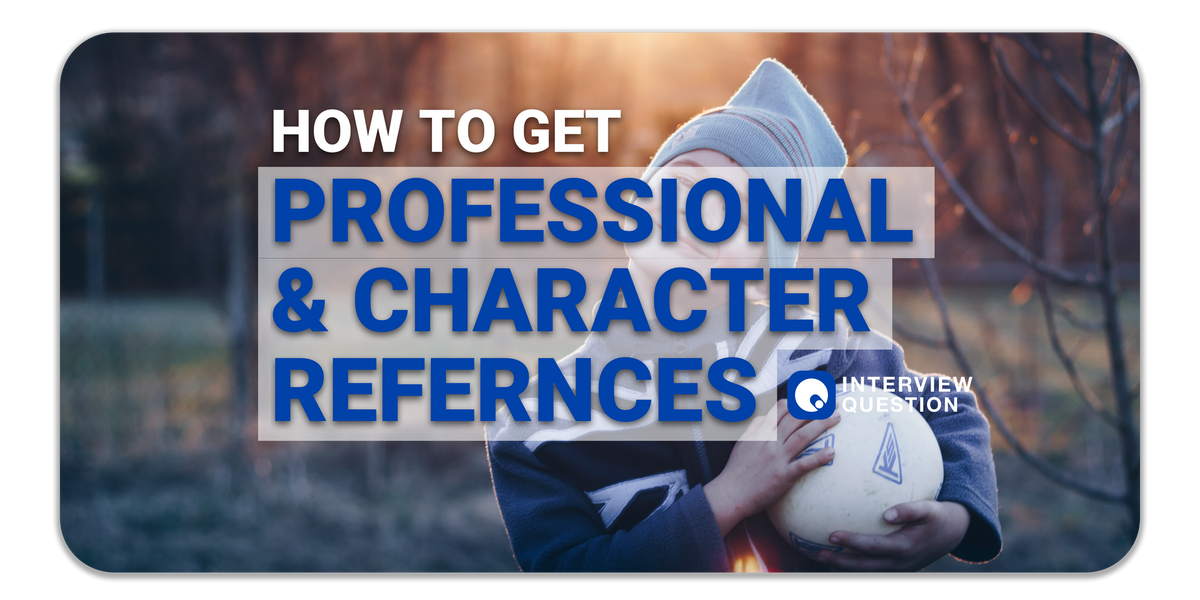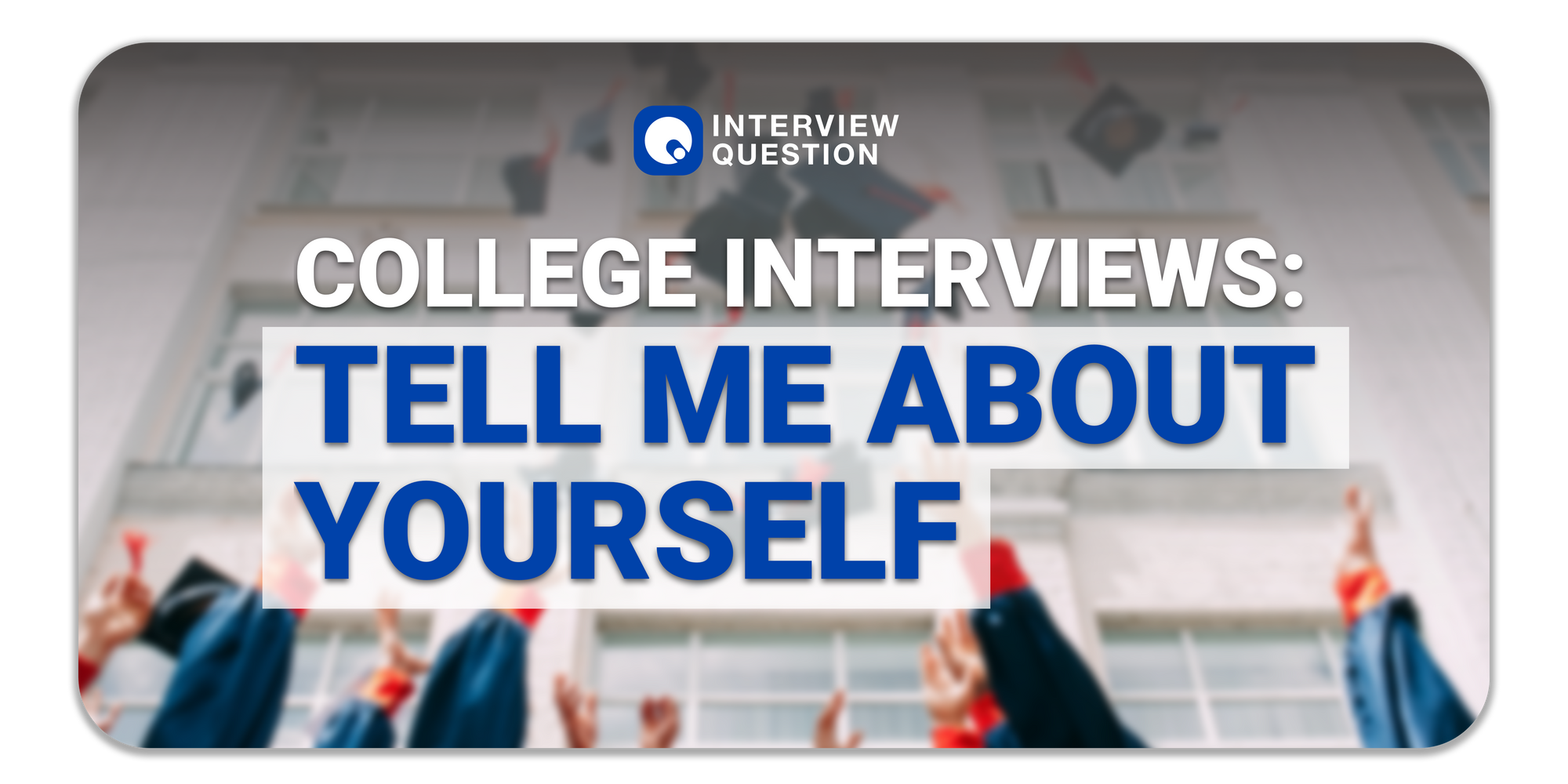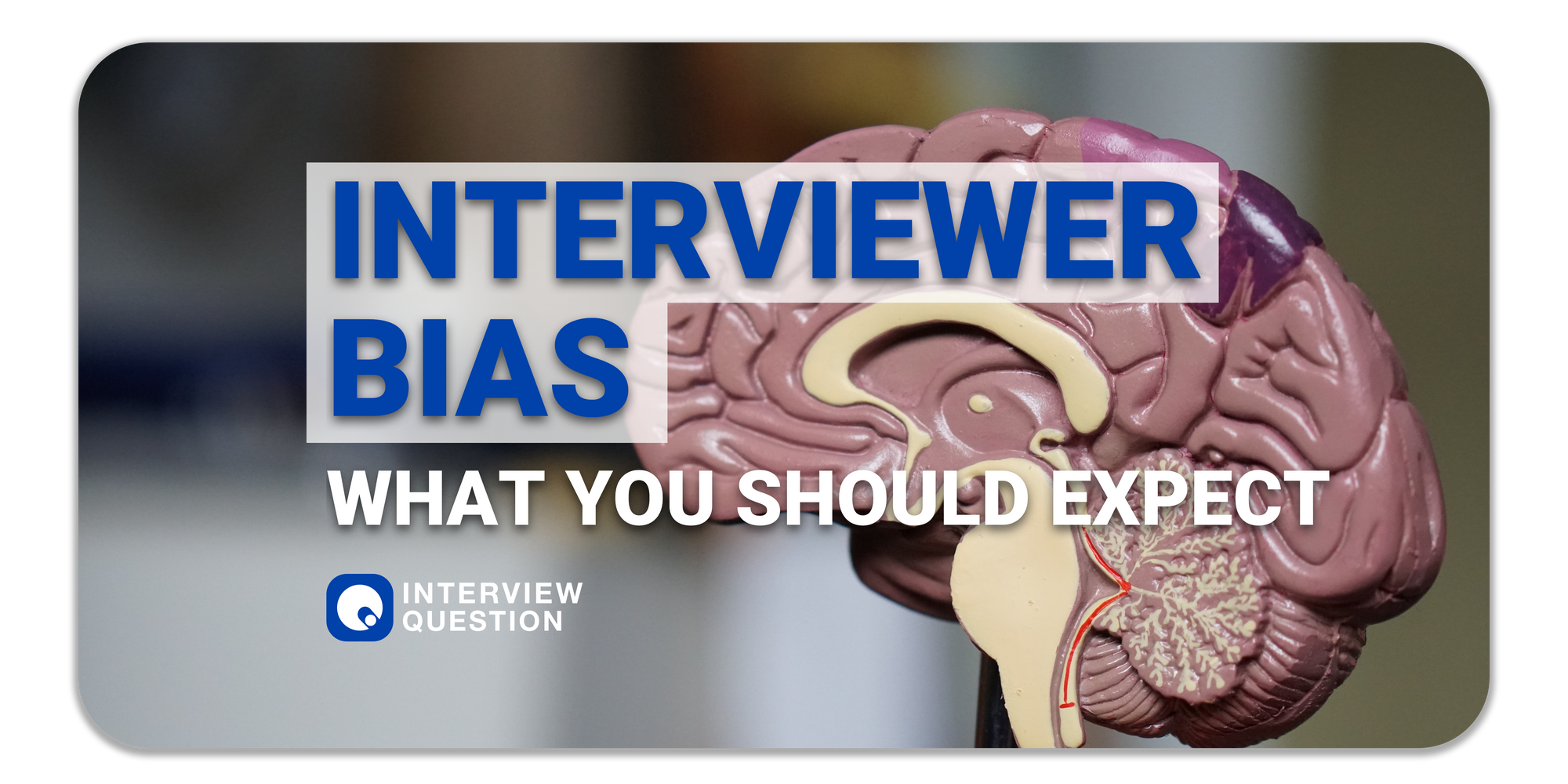How to Get Professional & Character References
• What, or Who, is a Reference • What Should They Say • Where Do I Find • How to Ask • Who Are the Best References • How to Obtain High-Quality References

Surprisingly, many job seekers forget to include professional and character references on their resumes. But references are an important part of any application packet.
What, or Who, is a Reference
A reference may be a person you have worked with in the past that can attest to your skills and abilities. Or it may be a person who knows you well, such as a family member or friend. The point of including references on your resume is to attest to your professionalism and character by providing people who are willing to vouch for you.
The goal of having character references is to show the interviewer that you are not just another average Joe; that there is something special about you.
What Should a Reference Say About Me?
A reference should be able to tell a potential employer about your overall performance at their workplace. A reference should also be able to let an employer know who you are as a person, and what kinds of things you do in your life outside of work.
Ask them to write something that indicates the type of person you are (you don't want to make it sound like they're making fun of you, as this will reflect poorly on them as well), but be sensitive to what they choose to mention.
It is best if they're an actual professional contact or someone who knows the person well for personal reasons. They provide concrete evidence that a candidate is qualified for the position they are applying for.
They should at least be able describe you at some depth. It will be great if you can "update" them on who you are by doing a self-introduction, which also doubles up as a practice interview.

Where Do I Find References for My Resume?
- If you have worked at any companies while getting your education, feel free to ask the human resource manager if the company will write a character letter for you.
- If you have a few people that you got to know while working at a company - colleagues, direct reports, clients or even your former supervisor, approach them to write a character reference for you.
- If you attended school in a tertiary education setting like a community college or a university, you can ask your professors for a letter of recommendation. Your academic instructors and thesis supervisors are other people you should seek for help.
- Your corporate industry networks and connections with a professional society (e.g. Project Managers' Institute (PMI), MENSA, etc.) are great ways to obtain relevant references as they are likely in the same branch of work as you are in, and it is more likely that their letters will have more value in a hiring manager's eyes.
- If you have been a volunteer or have worked with a non-profit organization in the past, you can list the names of those people as references.
- If you have never had a job before, ask your family, friends or older relatives to write a reference for you.
How to Ask for References & Recommendation Letters
People take time to warm up, especially if they had lost contact for a period of time.
References can greatly increase the chances of an applicant getting the position they are applying for. However, applicants who, out of the blue, seek recommendations from references who they barely know or maintained a relationship can reflect badly on the candidate.
Initial Contact
It is best for a candidate to informally establish contact first, via a phone call or a in-person chat. Though it is not always possible as phone numbers change or you may not see the person in the same settings anymore, informal interactions remain the best way to reconnect before candidates ask more of them.
Follow Up
Follow up by sending your references a short email asking if they are willing to be referenced. In the email, you should express how much you appreciate their willingness to help and explain why their opinion on you can turn the tides and have a great impact on you and your life.
Reason with Them
People are generally willing to help write a reference or become a reference since it costs them nothing, and it means everything to the other party because they see this as a favor that needs to be repaid.
A Little Favour / Give and Take
Owing favors is a common reason why a reference will write a letter of recommendation and also a reason why you should be a reference if someone asks you to be one.
Rewards
You can consider showing appreciation by sending them a small gift or treating them to a meal. The latter option is most commonly practiced in Asia.
Who Are the Best References?
Your references should always know you well enough to be able to give an honest opinion about your work style and performance.
Longevity of Relationship
If you have a friend that you've known for a long time, they would be able to attest to your character and the things you do outside of work. But if you have a professor that knows nothing about your life outside of school, it is best if they focus on your academic knowledge.
Social & Professional Standing
Your references should write in the capacity and perspective from where they have had connections with you. In short, the people who you list as references should know you; they cannot be strangers or passing acquaintances with who you hardly interact with.
How to Obtain High-Quality References
You should use references in order to have a good reputation in the workplace.
As you will be asking people who are familiar with you to vouch for you, it is important that they are able to write an honest letter of recommendation.
It is also necessary that your references include a professional tone when writing their letters. Instead of writing something that sounds sarcastic or funny - which you don't want to give them away- it is best if they are able to write a formal letter that reads as professional and polite.
The Importance of References in Personal and Professional Life
References can help a person land a job as soon as they apply for one. A good character reference is very important in the hiring process, even if the applicant is already an employee in a company they are applying to. In many companies, references are required for an application for promotion or to receive any kind of compensation increase.
References from managers or supervisors may be considered more highly than those from coworkers or subordinates. It is also best if the employer knows or has had connections with at least one of your references; otherwise, you should ask someone you know who works there very well to be a reference for you.
Providing Contact Information & Details of Your References
In your resume or job application, your list of references should include a table of information. Typical column headers to categorise the data are:
- Full name of character or professional reference
- Contact information (telephone number and email)
- Relationship or job title
- Years You Have Known the Person For
How Many References Should I Provide?
At least three references should be provided for your resume if the initial job application asks for any.
It is better to have multiple references who can attest to your skills and character rather than just one, or having none at all. Employers want to see that you are a well-rounded person with good people skills, and they will likely seek out recommendations from multiple sources.
Why Do Companies Ask for References from Job Applicants?
The goal of the reference statement is to inform the employer that you are a solid candidate for the position, and maybe suitable for hiring and future responsibilities.
If you have interviewed with multiple companies, or if a company has followed up after an interview to ask for references, it means that they are interested in hiring you.
References then serve as a final quality check on the job applicant. It's a way to ensure that the person is indeed qualified and has what it takes to do the job. The interviewer may contact the references as a form of verification, out of interest or to conduct compliance checks to scrutinize the character of the candidate.
In many ways, you are actually trying to create a bias (to your advantage) in the interviewer to favor you over other applicants because your references attest to your standing and qualities.

Conclusion
If you got this far, it means you understand how important references can be for your job search. By following these tips, you will be able to put together a well-rounded resume that includes professional and character references. This way, you can increase your chances of getting an interview call from a potential employer.

